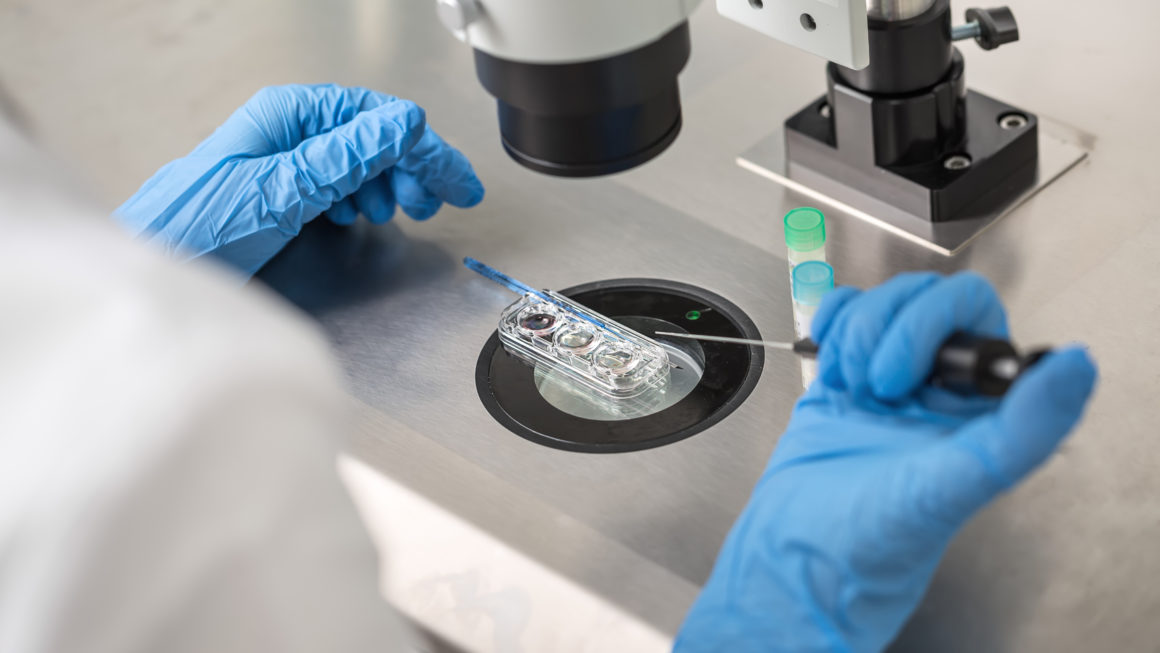One of the pivotal decisions in the journey to single motherhood through sperm donation is selecting the right donor. The process involves thoughtful consideration, careful evaluation, and a deep understanding of what qualities align with your values and aspirations. In this blog post, we will delve into the practical considerations that should guide your decision-making process when choosing a sperm donor.
1. Understanding Your Priorities:
Before delving into the specifics of potential donors, take time to reflect on your priorities and values. Consider factors such as:
- Genetic Traits: What genetic traits are important to you? Consider physical attributes, health history, and any specific traits you hope to pass on to your child.
- Personal Values: Are there specific qualities or values you want in a donor, such as educational background, cultural similarities, or shared interests?
2. Medical History and Health Screening:
Ensuring the health and well-being of your future child is a top priority. When reviewing potential donors, pay close attention to:
- Comprehensive Health Screening: A thorough health screening of the donor, covering genetic conditions, infectious diseases, and general health.
- Family Medical History: Understanding the medical history of the donor’s family can provide insights into potential hereditary conditions.
3. Donor Profiles and Information:
Sperm banks typically provide detailed profiles of donors. When reviewing these profiles, consider:
- Educational Background: Review the donor’s educational history to understand their intellectual background.
- Occupation and Hobbies: Insights into the donor’s interests and hobbies can provide a glimpse into their lifestyle.
- Donor Essays and Personal Statements: Some donors provide personal statements. Take the time to read these to gain a better understanding of their character and motivations.
4. Anonymity and Open Identity:
Consider the level of information you want about the donor’s identity. Options include:
- Anonymous Donation: The donor remains unknown to you and your child.
- Open Identity Donation: Provides the option for your child to access the donor’s identity once they reach a certain age.
5. Donor Screening Process:
Understanding the screening process for donors is crucial. Inquire about:
- Stringent Criteria: Ensure that the sperm bank follows stringent criteria in selecting donors.
- Regular Health Updates: Check if the donor provides regular health updates, ensuring ongoing health is monitored.
6. Legal Considerations:
Navigating the legal aspects of sperm donation is vital. Pay attention to:
- Legal Agreements: Review and understand any legal agreements related to the donation process.
- Rights and Responsibilities: Clarify the rights and responsibilities of both parties involved.
7. Emotional and Psychological Support:
The emotional well-being of both you and your child is paramount. Explore:
- Counseling Services: Many sperm banks offer counseling services to support you through the decision-making process and beyond.
- Future Communication: Consider how you will communicate the use of donor sperm to your child and establish an open and supportive environment for discussions.
8. Success Rates and Donor Availability:
Evaluate the sperm bank’s success rates and consider:
- Donor Availability: Ensure that there is enough vials of the chosen donor’s sperm available for future use.
- Success Rates: Explore the success rates of the sperm bank to make an informed decision.
9. Consideration of Donor Limits:
Some donors may have limitations on the number of families they can contribute to. Take into account:
- Donor Limits: Ensure that you are comfortable with the number of families the donor has already helped create.
- Sibling Connections: Consider if you are open to the possibility of your child having half-siblings and whether you want to choose a donor with sibling limits.
10. Ethical and Cultural Alignment:
Explore the ethical considerations associated with sperm donation and ensure alignment with your cultural values:
- Ethical Standards: Verify that the sperm bank adheres to ethical guidelines and practices.
- Cultural Compatibility: If cultural background is significant to you, choose a donor whose cultural background aligns with yours to provide a sense of cultural continuity for your child.
11. Financial Considerations:
Sperm donation can incur costs, and it’s essential to be aware of:
- Total Costs: Understand the total financial commitment involved, including initial costs, storage fees, and any additional services.
- Insurance Coverage: Check if your health insurance or fertility clinic covers any expenses related to sperm donation.
12. Consultation with Fertility Experts:
Seeking guidance from fertility experts or reproductive endocrinologists can provide valuable insights:
- Professional Advice: Consult with fertility experts to get advice tailored to your specific situation.
- Medical Compatibility: Ensure that the chosen donor aligns with any specific medical requirements or recommendations provided by your healthcare professional.
13. Reviewing Donor Feedback:
Explore any available feedback or reviews from others who have chosen the same donor:
- Donor Reviews: Some sperm banks may provide feedback from families who have used the same donor.
- Experiences of Others: Learning from the experiences of others can provide valuable insights into the donor’s characteristics and potential impact on the family dynamic.
Choosing a sperm donor is a deeply personal and significant step in the journey to single motherhood. By thoroughly considering these practical aspects, you can navigate the process with confidence, knowing that your decision aligns with your values and aspirations for creating a loving and supportive family. Remember, the right donor is the one whose qualities resonate with your vision of motherhood and the future you envision for your child.



